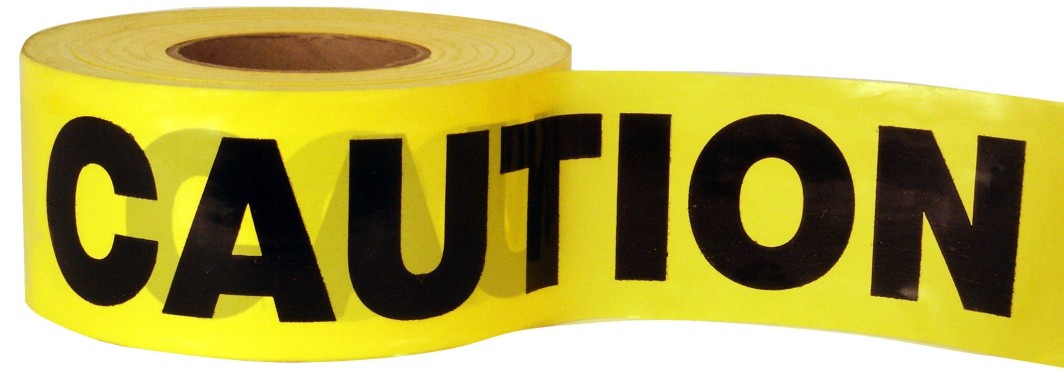“I have a meeting with a publishing company,” one of my more successful writing coach clients announced. I could hear the excitement in her voice. “They’re really interested in me because of the platform I’ve created.”
“I’m not surprised,” I answered.
What publishing company wouldn’t be interested in an author who over the last three years has built a platform that includes more than 19,000 Facebook likes on her personal page, 85,000-plus likes on a community Facebook page she started, and an email list of more than 6,000. Especially a publishing company that asks the author to underwrite the cost of publishing the book.
Wait. What was that?
Yup. In between traditional publishers who provide authors with advances against royalties (and cover editorial and production costs) and self-publishing where the author covers everything,there is a new type of publisher that despite claims to the contrary looks a whole lot like the old-fashioned vanity press (also known as subsidy publishing).
Vanity press, vanity publisher or subsidy publisher are all terms describing a publishing house in which authors pay to have their books published. Of course, that’s not what these publishers tell authors. They talk about getting them on the New York Times bestseller list, exactly what every author wants to hear. They point to authors like Brendon Burchard, whose book The Millionaire Messenger went from manuscript to New York Times bestseller in two months.
What they don’t stress is that you have to pay to play. After my client’s meeting with one of these publishing companies, she wrote me that, “They require a novelist to buy 1,000 books at cost (est $1.57/book) + $5.50/book, with the $5.50 paid in advance.” For those of you who might be math challenged, that’s $5,500 in advance plus$1,570 (in all likelihood the actual printing cost for those 1,000 books). Oddly enough, that particular publishing company’s website says that “Author is asked to commit to purchasing, during the life of the agreement, up to 2,500 copies at print cost plus $2.” If that printing cost is still $1.57, you’re now looking at $8,925. If the printing cost drops to $1 a book, you’re still looking at $7,500. So maybe they were giving her a deal.
Okay, so you don’t have to pay any extra to get your book designed and printed. On the other hand, just as with traditional publishing, you won’t have a lot of control over that process. That’s always a bummer with traditional publishing, but at least you’re not paying for the privilege of losing creative control. Besides, you can retain control and your funds (minus design and typesetting) by self-publishing on Amazon’s CreateSpace.
With these pay-to-play publishers, you will also have to pony up for all the editing (developmental, line editing, copy editing) and proofreading since you have to deliver a book that’s ready for prime time. In addition, you’ll be responsible for any legal review that might be required. As for marketing? The website I checked was positively unclear about that. It sounded like they offered discounted services with affiliated PR companies.
Yes, these publishers use Lighting Source and/or IngramSpark to print and distribute books, but so do a lot of on demand publishers. And while they’ll say they have more than three dozen commission sales people calling on bookstores, they also add that these salespeople aren’t exclusively repping their company.
So just what do you get for the money? That’s what you need to ascertain. You also need to determine what happens if you change your mind and want to cancel the arrangement after they’ve published your book. Do you still own the copyright? (I sure hope so!) Do you get to retain the cover design or the digital files if you decide this isn’t for you, or do you need to start all over again. What about the ISBN number? If the publishing company provided that, which most every publisher does, then the number is theirs not yours, and you’ll need to get a new one if you jump ship.
Don’t get me wrong. This could be the making of you, especially if Brendon Burchard’s Experts’ Academy or Rick Frishman’s Author101 University speaks to you or if you’re just thinking in really big terms. Just make sure you know exactly what you’re getting into and that you’ve explored all the options—including potentially seeking a literary agent and going the traditional publishing route. Yes, this whole investigative process will be a pain in the butt. On the other hand, that’s better than having regrets later.



Sorry, comments are closed for this post.